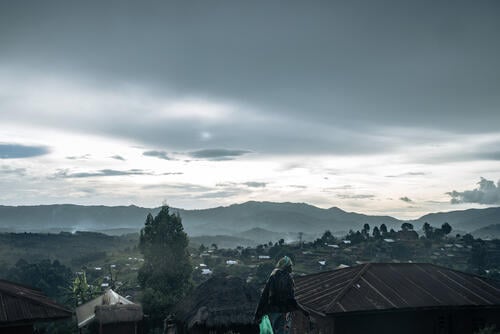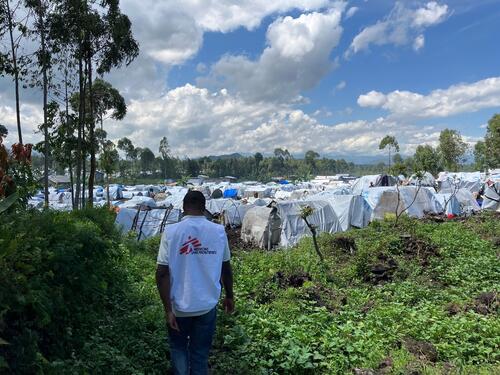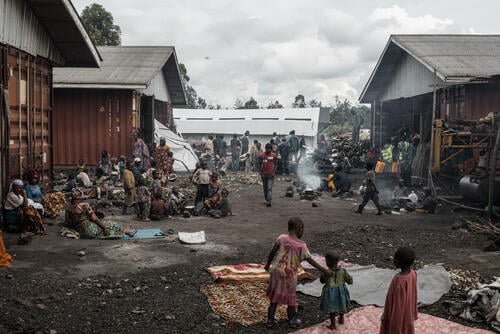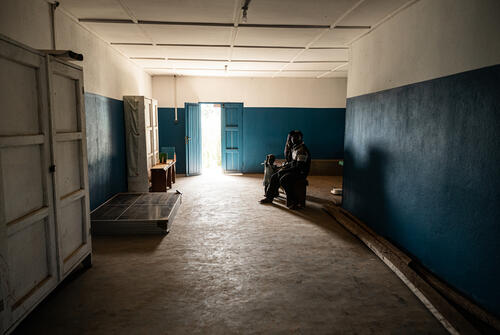Violent armed clashes linked to the resurgence of the M23 armed group in the Democratic Republic of Congo (DRC) have caused more than one million people to flee their homes in North Kivu, since March 2022.
This humanitarian disaster is exacerbating an already critical humanitarian situation in the province, where 2.5 million people are estimated to be displaced. People who are displaced, as well as those living in remote communities cut off by the fighting, are exposed to numerous health risks.
Despite the dire circumstances, there has not yet been rapid and massive humanitarian response. Médecins Sans Frontières (MSF) calls on the international community and the authorities to urgently scale up their efforts to meet people’s needs.
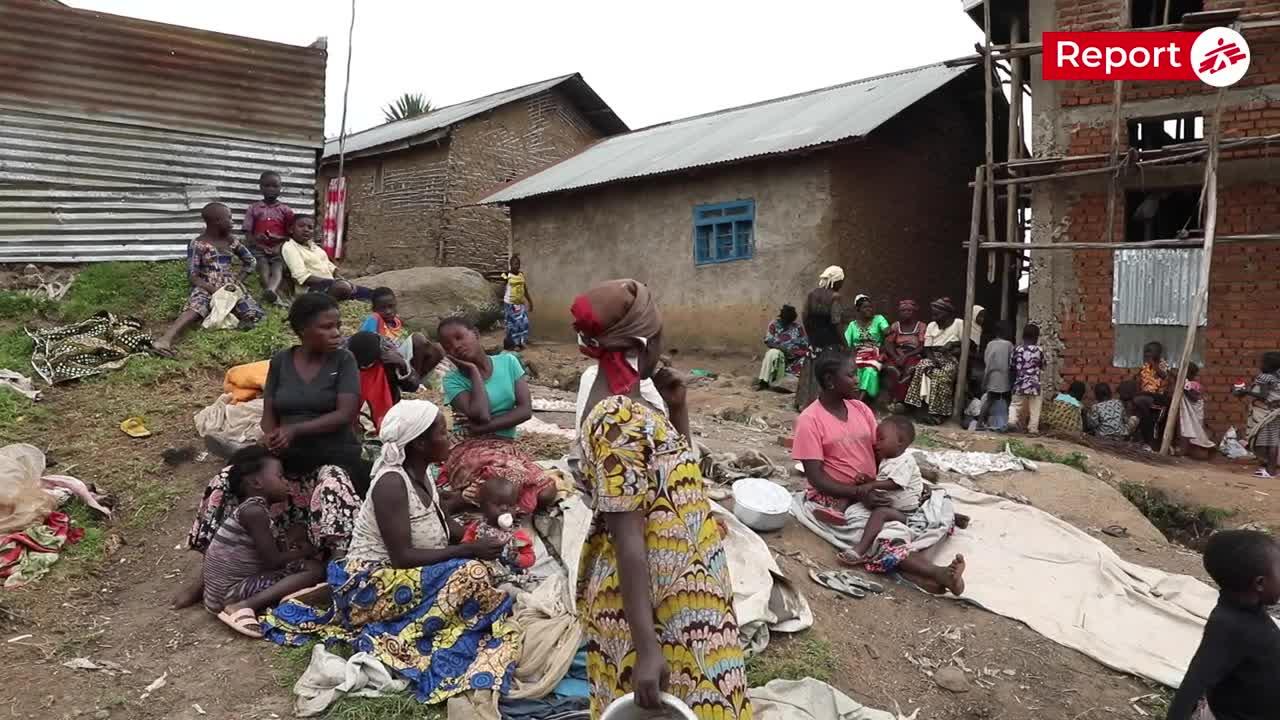
Displaced people in North Kivu face appalling conditions
On the outskirts of Goma, inadequate and overcrowded shelters, as well as a lack of clean water and latrines, continue to put hundreds of thousands of people at risk of diseases and outbreaks. There have already been outbreaks of cholera and measles at several sites. As the fighting continues, more people may be forced from their homes and require aid to survive, not only in Goma.
In north Goma, our teams are witnessing the consequences of the crisis in Masisi, Rutshuru and Lubero territories. As the frontlines of the fighting have shifted, most of the major routes into the region have been cut off. People have been unable to sell their crops and can only afford to buy a few essential products, which have doubled in price.
Many medical facilities have run out of drugs due to supply problems. In these areas, accessing healthcare was already difficult but has now become even more challenging. The lack of functioning health facilities and the cost of medical care has made healthcare is inaccessible for many. With prices rising and access to healthcare deteriorating, food insecurity is worsening in the province. More than one-third of people in North Kivu are currently at risk of food insecurity, according to the UN.
In February 2023, MSF teams provided medical care and humanitarian aid to some 30,000 temporarily displaced people in the city of Mweso. We are currently strengthening our response to displaced people in Kayna, Lubero territory, and in Minova (South Kivu). Meanwhile, our medical teams are maintaining regular activities in Goma, Rutshuru, Kibirizi, Bambo, Binza, Mweso, Masisi and Walikale, providing essential medical care to thousands of people across North Kivu province.



